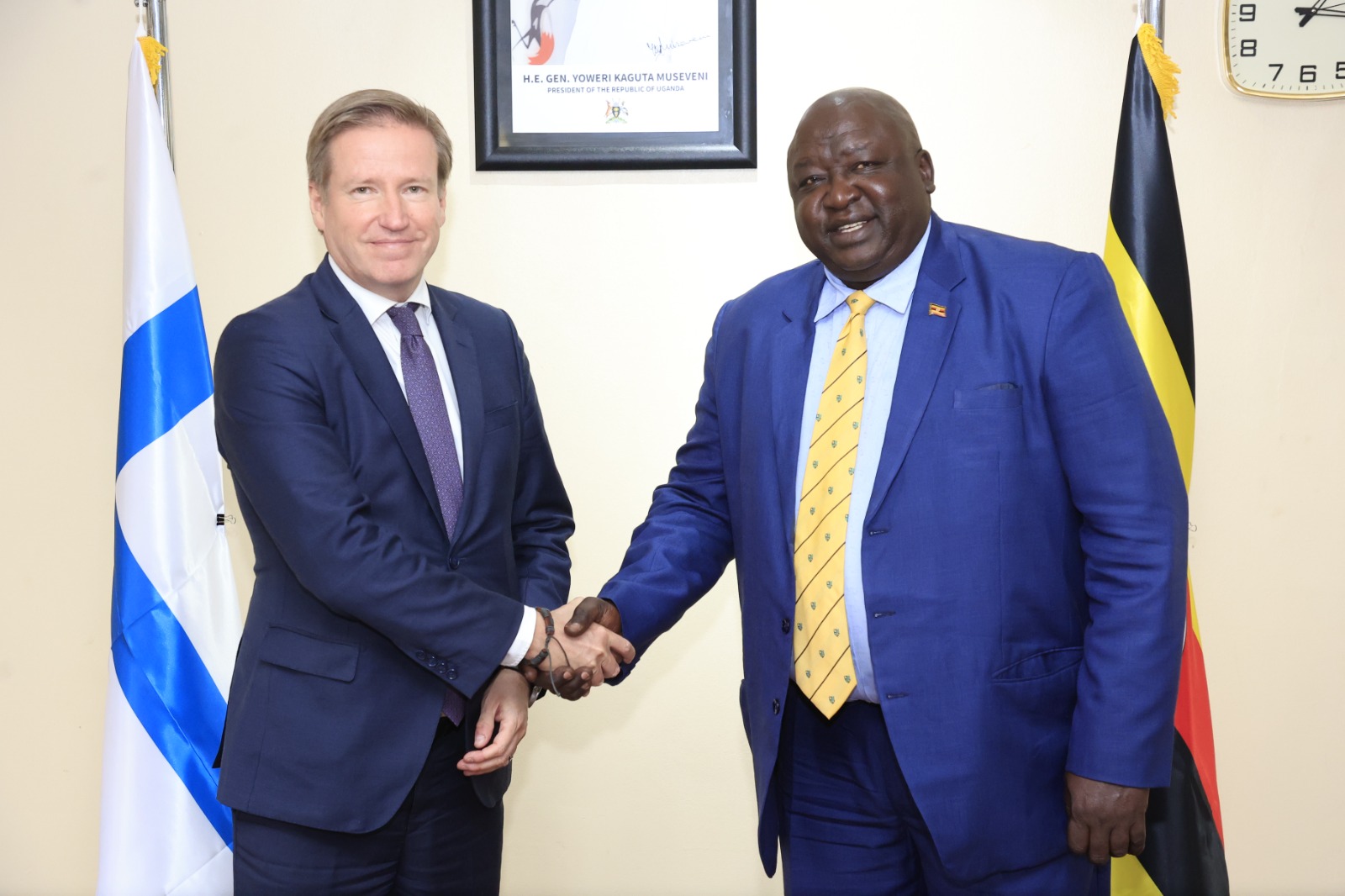Africa convenes to conserve, Uganda taps for growth
In a short while, Uganda the primate capital of Africa and the world will be hosting the second African Primatological Society congress aimed at strengthening a platform for knowledge and experience sharing amongst researchers, conservationists, education practitioners, donors and decision-makers across the continent.
Until this week stakeholders have been planning to unveil the continent’s strategic vantage point for a scientific intervention to conservation and tourism of primates in Africa that Uganda must strike while still hot. Entebbe Municipality will be a big attraction as it hosts African’s finest scientific conference from 2nd-06th September 2019 on two fronts;
Keep Reading
Science and research remain logical for Africa; many countries have struggled to establish empirical evidence in all business fronts, Uganda wildlife attests to this in its priority to establish a well-designed approach to research on conservation. So with about 200 researchers in one room, the results are imminent. It is established that a wide range of research areas will be covered ranging, from Primate Ecotourism, Conservation and Sustainable Development, national and regional conservation policies, Epidemiological issues in primate research and conservation, African Great Apes and other primates red listing process: updates and lessons and Nurturing African leadership in Primatology.
Tourism is a major springboard for economic growth in Uganda, the government’s efforts to spur this growth is highly noticed and picking from the rankings, Uganda must reap from its hunt. The country reminisces of one thing, the pride of its endowment, which once tapped well is determined to change the critical balance sheet of its economy.
Imagine that not until 2010, when emphasis was put on tourism as a major economic sector for growth, Uganda was losing close to 4 billion per annum in Tourism revenue collection without factoring in investment development losses, tourism now contributes 10% of the county’s GDP, and with a steady growth from income 1.4 billion in 2007 to Shs 4.9 trillion today its projected to hit Shs 9.4 trillion by 2020.
Of clerical significance is the future of conservation of primates (consider a recent 2016 IUCN/SSC Primate Specialist Group African Primate Red List assessment of the current status of African primates recognized as critical species threatened / endangered) that need stakeholders to increase their level of involvement and commitment and governments resolve on policies to curb down the primate extinction at the helm of the threats.
New research in 2017 by Mittermeier and Senior Research Scientist Anthony Rylands paints a dark picture for the future of non-human primates: 63 percent of the world’s primate species are currently threatened with extinction. They listed the destruction of tropical forests as the main threat to primates in their research, 90 percent of which live in this biome. The world cannot afford to lose a single primate species or subspecies so to say a gorilla, chimpanzee, baboon, monkey and hence reversing trends in species numbers is paramount.
There is a need for effective protection and conservation of habitat through government-level led interventions at national parks, biological reserves, wildlife sanctuaries, and indigenous lands of many different categories, with complements by the private and rural community- approaches which in some places are more effective than those managed by governments.
Yes, African scientists will convene in Entebbe, Uganda bringing home the brains of all nature of primatologists and researchers from (Western Africa, Eastern Africa, Northern Africa, Southern Africa, Central Africa, and Madagascar); to share experience of the limited research to ecology, ethology, systematic, taxonomy, distribution, epidemiology, anthropology, human-primate interactions, conflicts, education, conservation, disease, Health, tourism; and consolidate enabling factors for the efficient action plan to salvage the primates threat, but Uganda as ac country must jump fast on the wagon and ensure motivation and utility.
Currently, 56% of the 179 primates assessed for mainland Africa and 87 % of the 103 primate taxa assessed for Madagascar are threatened. Thus, many African primate species are facing extinction despite all current multifaceted conservation efforts.
I’m convinced that Uganda’s positioning is mileage for the country’s economy because this is very relevant to the country’s interest and to those mandated with protecting and preserving biodiversity. Promoting research and improving the conservation of African primates and Apes and community livelihood.
Arans Tabaruka is a community rights advocate with IRUCE Communities













